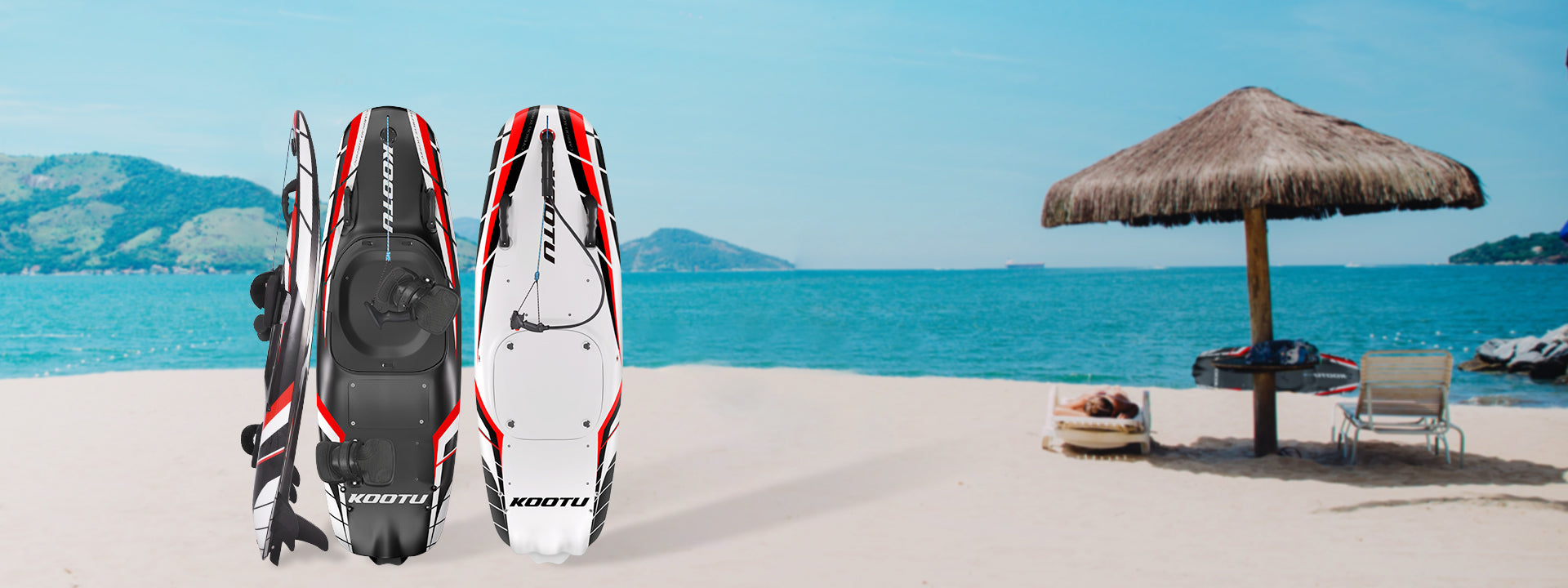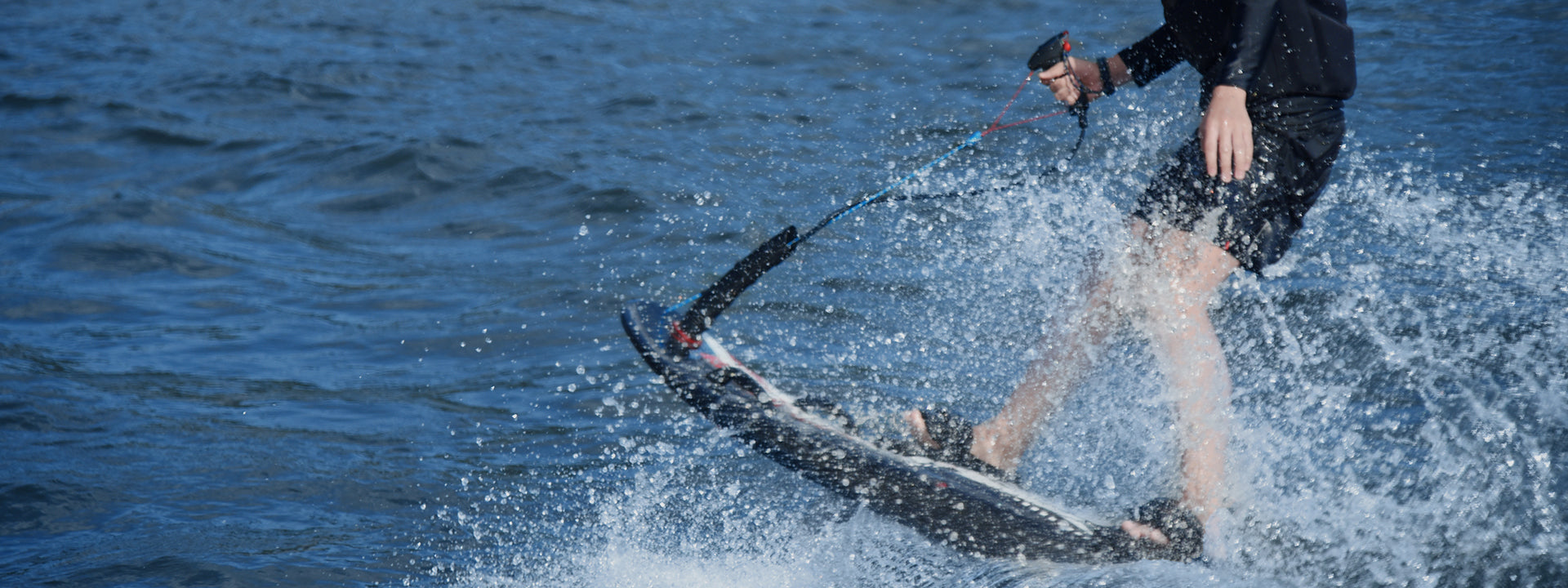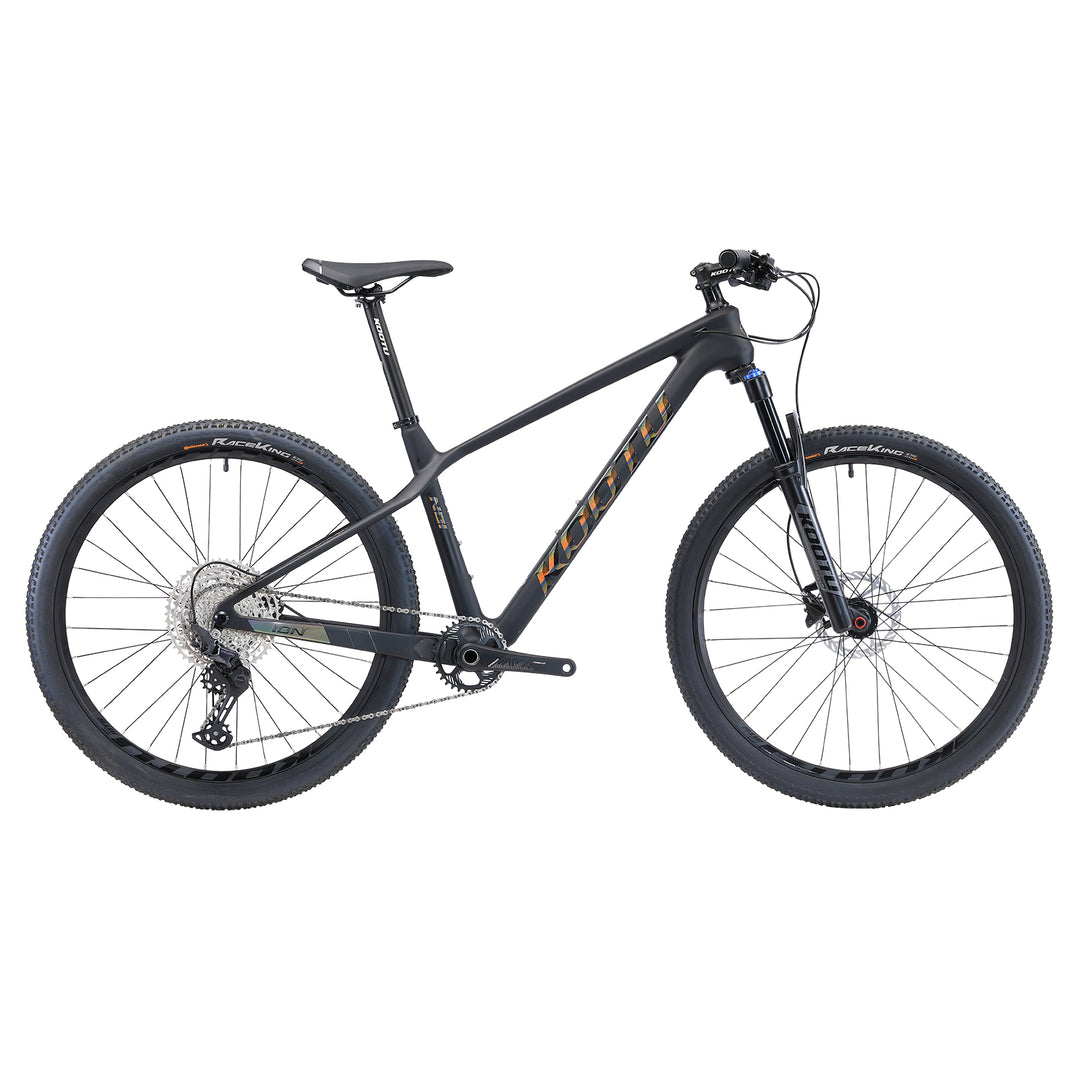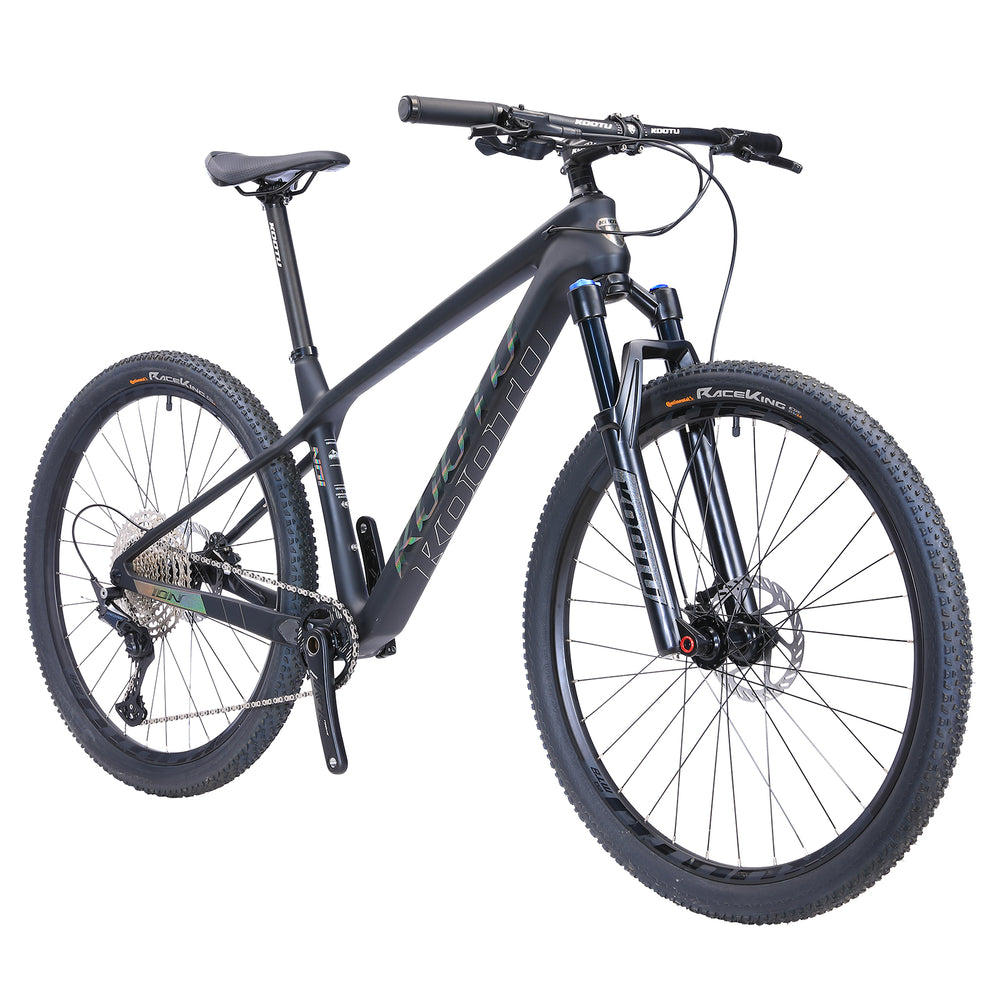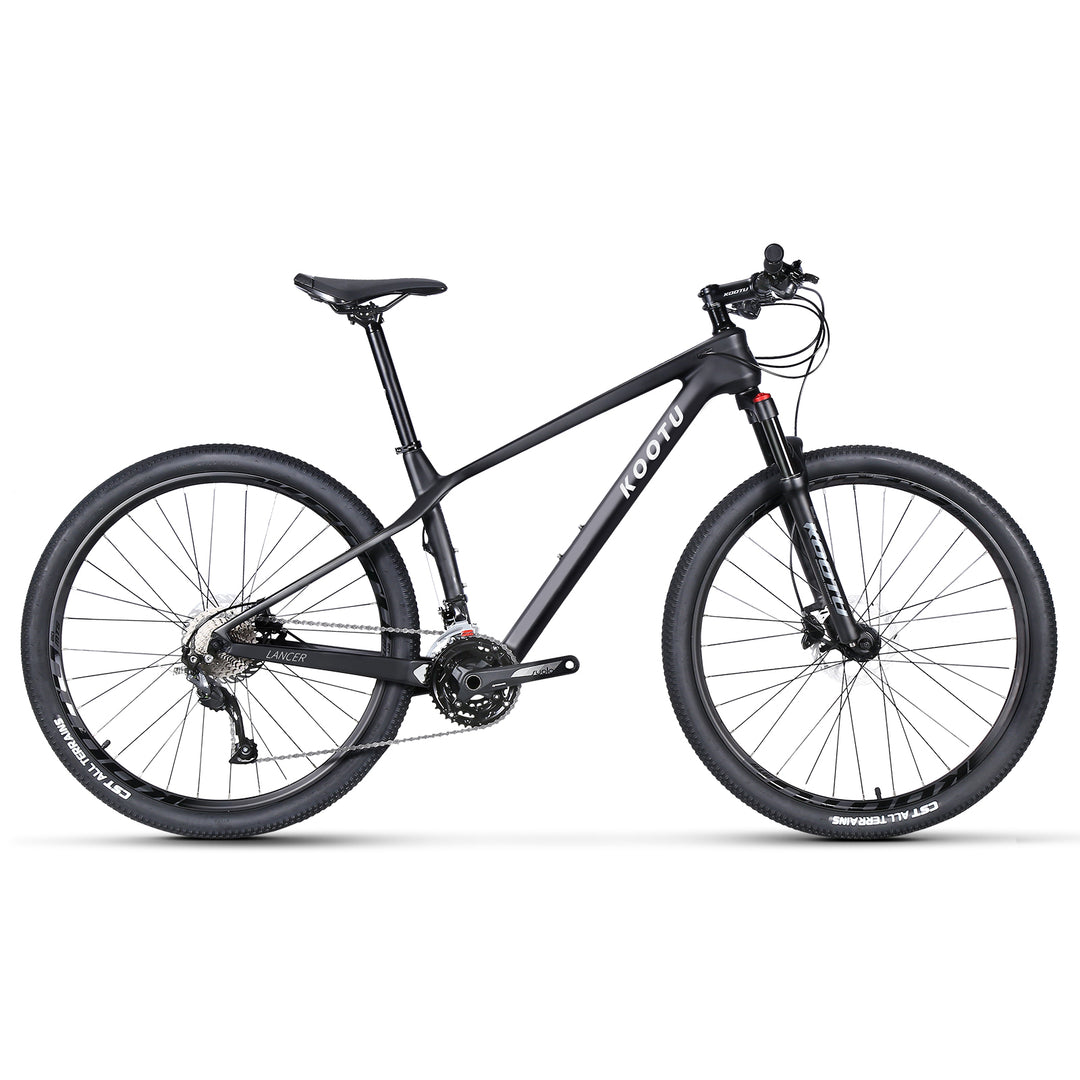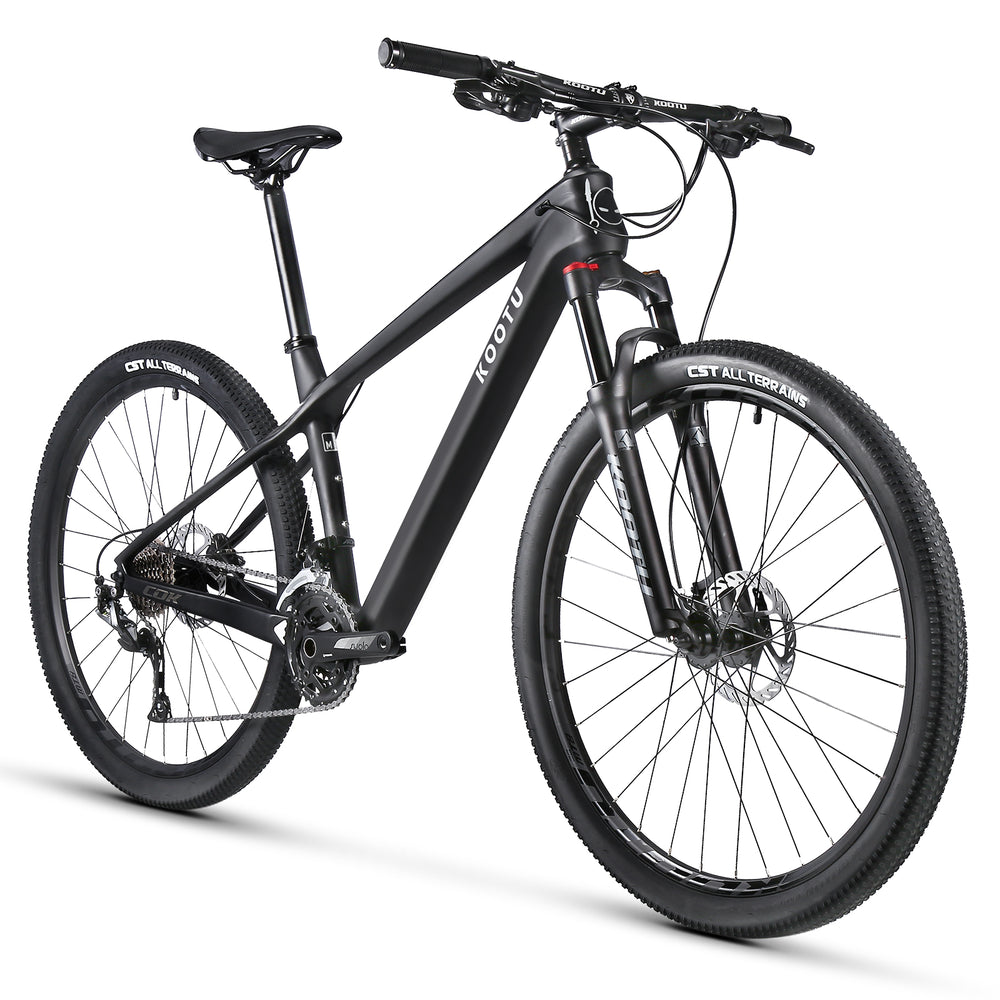
Carbon Mountain Bikes
What makes a KOOTU hardtail mountain bike stand out?
Mountain bikes differ from everyday bikes and road bikes in terms of geometry.KOOTU carbon mountain bikes feature large tires with lots of tread pattern, sturdy carbon frames with strong suspension, powerful disc brakes, and are often equipped with shimano derailleurs and shifters suitable for mountain riding, lifting and lowering seatposts; making it a great bike for a variety of different mountain biking styles. versatile bike for a variety of different mountain bike styles.
Tire and Wheel Size
The wheels on KOOTU carbon mountain bikes come in two of the more common sizes on the market: 27.5 inches (also known as 650B) and 29 inches. The smaller wheels are stronger, more flexible, and easier to maneuver, and mountain bikes equipped with these wheels are lighter in comparison. On the other hand, 29-inch wheels offer more traction and grip, and a smoother ride over rough terrain - providing comfort and control for the rider.
Aluminum, steel or carbon fiber mountain bike frame?
1. Weight
Carbon fiber: extremely lightweight, reduces riding burden, improves climbing and acceleration efficiency.
Aluminum alloy: slightly heavier than carbon fiber, suitable for riders with limited budget.
Steel: the heaviest, affects speed and performance.
2. Shock absorption and comfort
Carbon fiber: excellent shock absorption, reduces vibration, and provides a smooth and comfortable riding experience.
Aluminum alloy: high rigidity, more vibration transmission, poor comfort.
Steel: better comfort, but heavier than carbon fiber.
3. Strength and rigidity
Carbon fiber: high strength and rigidity, high power transmission efficiency, but poor impact resistance.
Aluminum alloy: large rigidity, high power transmission efficiency, but strong vibration.
Steel: strongest impact resistance, easy to repair, but low rigidity.
4. Durability and repair
Carbon fiber: durable, but difficult and costly to repair after impact.
Aluminum alloy: impact resistant, easier to repair.
Steel: most durable, simple to repair, suitable for extreme conditions.
5. Design flexibility
Carbon fiber: flexible design, can optimize frame shape and performance, suitable for high performance needs.
Aluminum alloy: Relatively simple design, less flexible.
Steel: Larger design restrictions, not as flexible as carbon fiber.
If you pay more attention to light weight and high performance, especially for competition or extreme riding, carbon fiber frame is the best choice.








